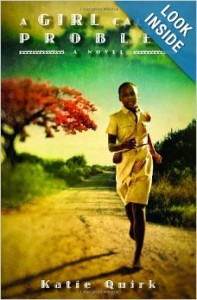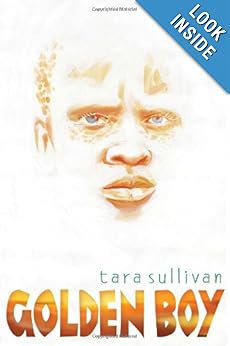There are a few authors I could read all day, all week, and never get tired of their books, their characters, and their writing style. Whereas some authors I read and enjoy but then need a break—Dickens or John Grisham or even Tolkien. Others are so delightful and amusing and light-hearted that I could take a steady diet and not feel too over-filled or burdened. P.G. Wodehouse, Jan Karon, Agatha Christie (well, maybe not “light-hearted”), and Alexander McCall Smith fall into the latter category.
Mr. McCall Smith has written several series of novels set in various locales, and I’ve enjoyed at least a few of the books in each series:
Corduroy Mansions in London
44 Scotland Street in Edinburgh, Scotland,
The Isabel Dalhousie novels, also in Scotland,
Professor Dr. von Igelfeld novels in Germany and other settings,
and of course, The No. 1 Ladies’ Detective Agency set in Botswana, Africa.
The Minor Adjustment Beauty Salon is the latest, and perhaps greatest, of this best-selling detective series. I enjoyed the contrasting of modern ways and the old conservative ways of traditional Botswanan culture—and the compromises between the two. I enjoyed the two mysteries and their cozy solutions. I enjoyed the continued unfolding of the friendship between Precious Ramotswe and her assistant Grace Makutsi. And Mma Ramotswe’s husband Mr. J.L.B. Maketoni continued to work in this book as in others at loving and caring for his traditionally built and professionally astute helpmeet. The supporting cast in this series also make an appearance and add to the story, each in his own way: Mma Potokwane, Phuti Radiphuti, and the apprentices, Charlie and Fanwell.
A couple of quotes, just to brighten your day and give you something to think about:
On forgiveness:
“She had forgiven him, yes, but she still did not like to remember. And perhaps a deliberate act of forgetting went along with forgiveness. You forgave, and then you said to yourself: Now I shall forget. Because if you did not forget, then your forgiveness would be tested, perhaps many times and in ways that you could not resist, and you might go back to anger, and to hating.â€
On beauty:
“You could be very glamorous and beautiful on the outside, but if inside you were filled with human faults—jealousy, spite, and the like—then no amount of exterior beauty could make up for that. Perhaps there was some sort of lemon juice for inside beauty . . . And even as she thought of it, she realized what it was love and kindness. Love was the lemon juice that cleansed and kindness was the aloe that healed.”








